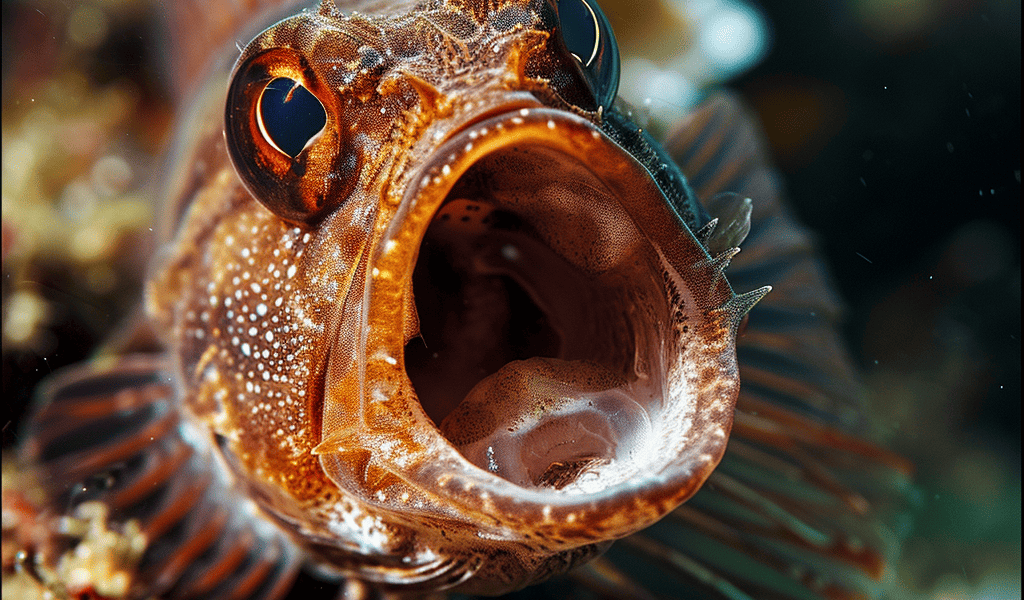California Singing Fish’s Midbrain May Serve as a Model for How Mammals Control Vocal Expressions
By: [Author’s Name]
Published: January 2, 2024
For the chatty midshipman fish, also known as the ‘California singing fish,’ research has revealed that the midbrain plays a significant role in initiating and shaping sequences of sounds used in vocal communication. This finding suggests that the midbrain in these fish could potentially serve as a valuable model for understanding how mammals and other vertebrates, including humans, control vocal expressions.
The study, conducted by researchers at Cornell University and published in Nature Communications, highlights the importance of the midbrain in voice signaling across vertebrates. According to senior author Andrew Bass, the Horace White Professor of Neurobiology and Behavior in the College of Arts and Sciences at Cornell University, the midbrain is a shared brain region crucial to sound patterning and selection in all vertebrates, regardless of species.
Male midshipman fish use a variety of vocalizations such as grunts, growls, and hums during mating rituals and territorial defense. To human ears, the hum resembles a single note on a French horn or a foghorn. These fish inhabit deep offshore waters in Northern California and the Pacific Northwest during the fall and winter, migrating to shallow intertidal zones for spawning in the late spring and summer. They are known for their paternal care, guarding hundreds of unhatched eggs that eventually develop into free-swimming fry under rock shelters.
During quiet summer nights at low tides, observers along the shore can hear the steady, conversational hum of a male midshipman fish chorus, providing a unique opportunity to witness their vocal behaviors.
While it has been established that mammals and other vertebrates use vocalizations to communicate, the role of the midbrain in initiating acoustic features had been largely unexplored until now. The research, led by Eric R. Schuppe, a former Cornell postdoctoral researcher now working at the University of California at San Francisco, sheds light on the significance of the midbrain in controlling vocal expressions across species.
The study’s findings have implications for understanding the neural mechanisms underlying vocal communication in vertebrates, offering valuable insights into the similarities in vocal control across different species. By studying the midshipman fish’s midbrain, researchers hope to gain a better understanding of how mammals, including humans, control their vocal expressions, potentially leading to advancements in the field of neurobiology and behavior.





